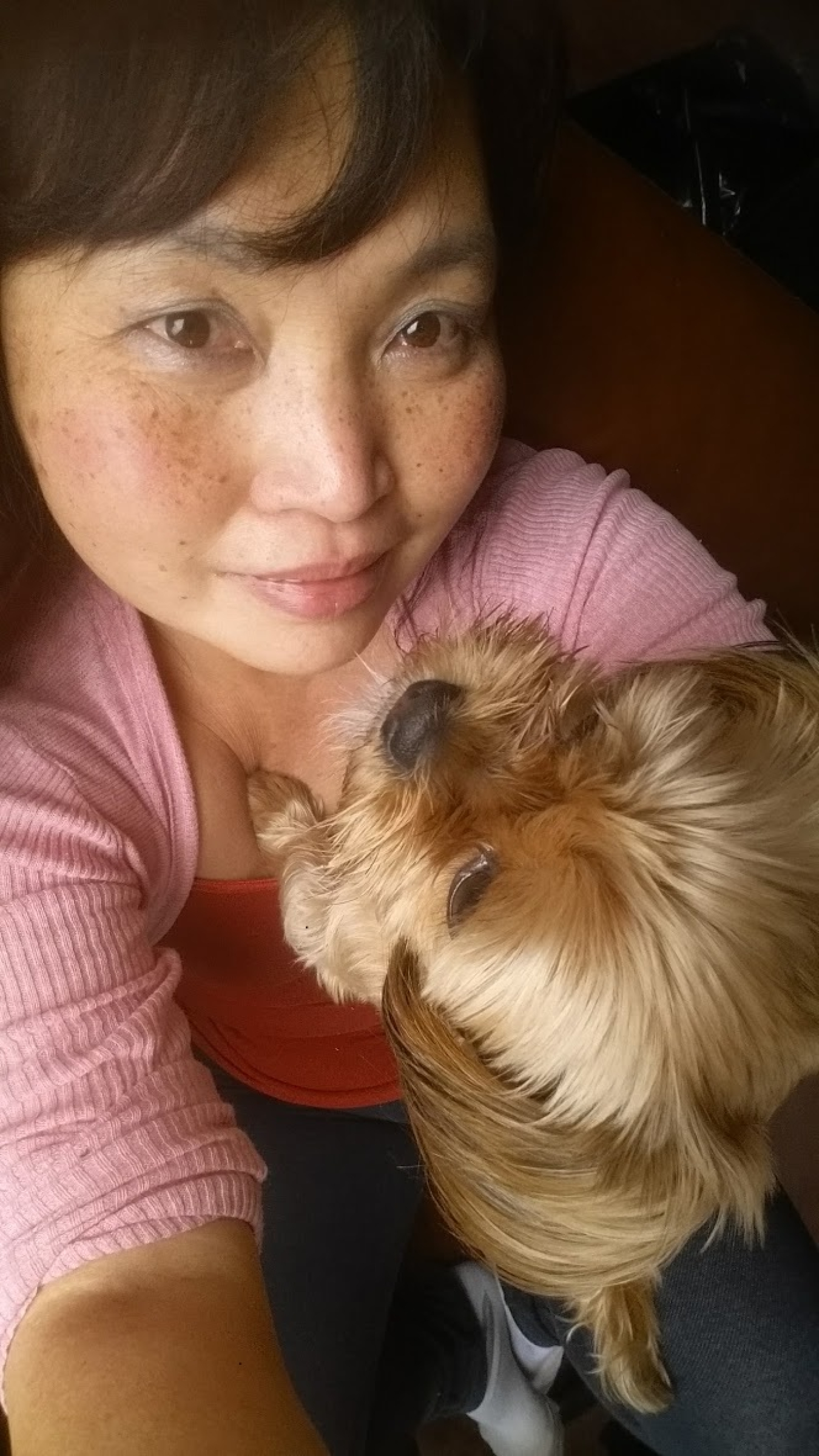Learn why Patcharin (Rin) Burke loves her job as a Materials Scientist and Federal Project Manager at the National Energy Technology Laboratory.
May 10, 2019
Dr. Patcharin “Rin” Burke joined the Department of Energy, Office of Fossil Energy’s National Energy Technology Laboratory (NETL) in December 2009. Dr. Burke is a Materials Scientist and a Federal Project Manager on the Technical Development & Integration Center's Advanced Energy Systems Team. Her projects focus on the technical challenges of developing low-cost solid oxide fuel cell systems for stationary coal-based power applications and advanced materials development for advanced turbines systems and components. Dr. Burke received her MS in Metallurgical Engineering from the University of Utah and her Ph.D. in Materials Science from Pennsylvania State University.
What inspired you to work in STEM (Science, Technology, Engineering and Math)?
I was born into a lower-middle-class family. My parents had little formal education. I am blessed and fortunate to have had parents who understand the necessity and importance of education. I chose to study engineering to have better career choices so my parents could be proud of me. My parents knew how grateful I was for the opportunities their sacrifices made possible for their children so that we could have a better life.
What excites you about your work at Energy Department?
To be able to connect the dots of the technology to help me to better understand how it works from both a theoretical and practical standpoint.
How can our country engage more women, girls, and other underrepresented groups in STEM?
Perhaps by making available more scholarships or summer internships for those who do not have the means or educational opportunities that others enjoy. Also, perhaps more opportunities could be made available for those of average talent and abilities.
Do you have tips you'd recommend for someone looking to enter your field of work?
I think it's important for people to realize that studying or working in STEM does not require genius or high-above-average intelligence. You just have to be curious about how things work, why something works or fails, and how things can be improved.
When you have free time, what are your hobbies?
I enjoy spending time with my sweet MiMi (she is a 10-lb Shorkie) and playing tennis.
Learn more about our programs & resources for women and girls in STEM at http://www.energy.gov/women

